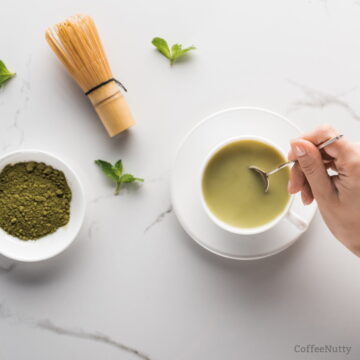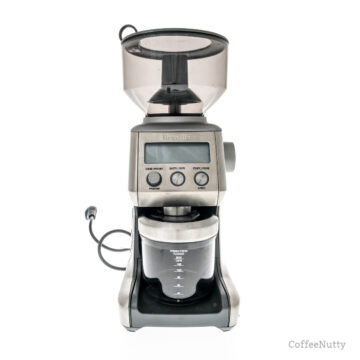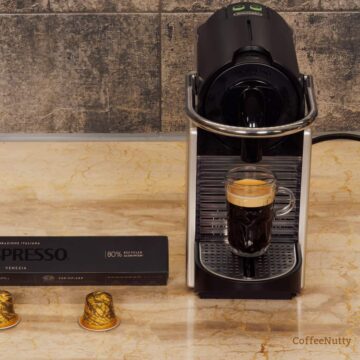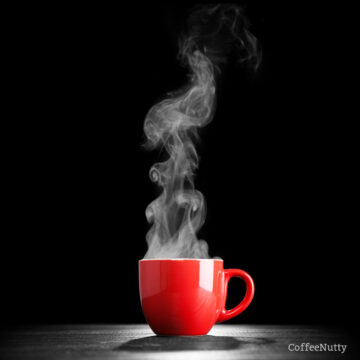Coffee is one of the most popular drinks in the world. It can be brewed in many ways and to many different tastes. Some people enjoy drip coffee makers others love French presses or percolators. Turkish coffee and "cowboy coffee" can be made with just a metal pot or pan, coarse ground coffee, and boiling water. So, it is only natural to wonder if coffee filters are needed at all.
Not all coffee makers need filters. Many different types of coffee makers come with a permanent metal filter, so you do not need to add a paper filter. However, you may want to because paper filters can filter out some potentially harmful substances better than permanent filters can.
Paper filters have a smaller pore size than the permanent metal filters that come with some coffee makers. This finer filtration allows the paper filter to keep out oily substances known as diterpenes, which have been shown in research studies to increase bad cholesterol. If you want to learn more about the benefits of filtering your coffee, read on!
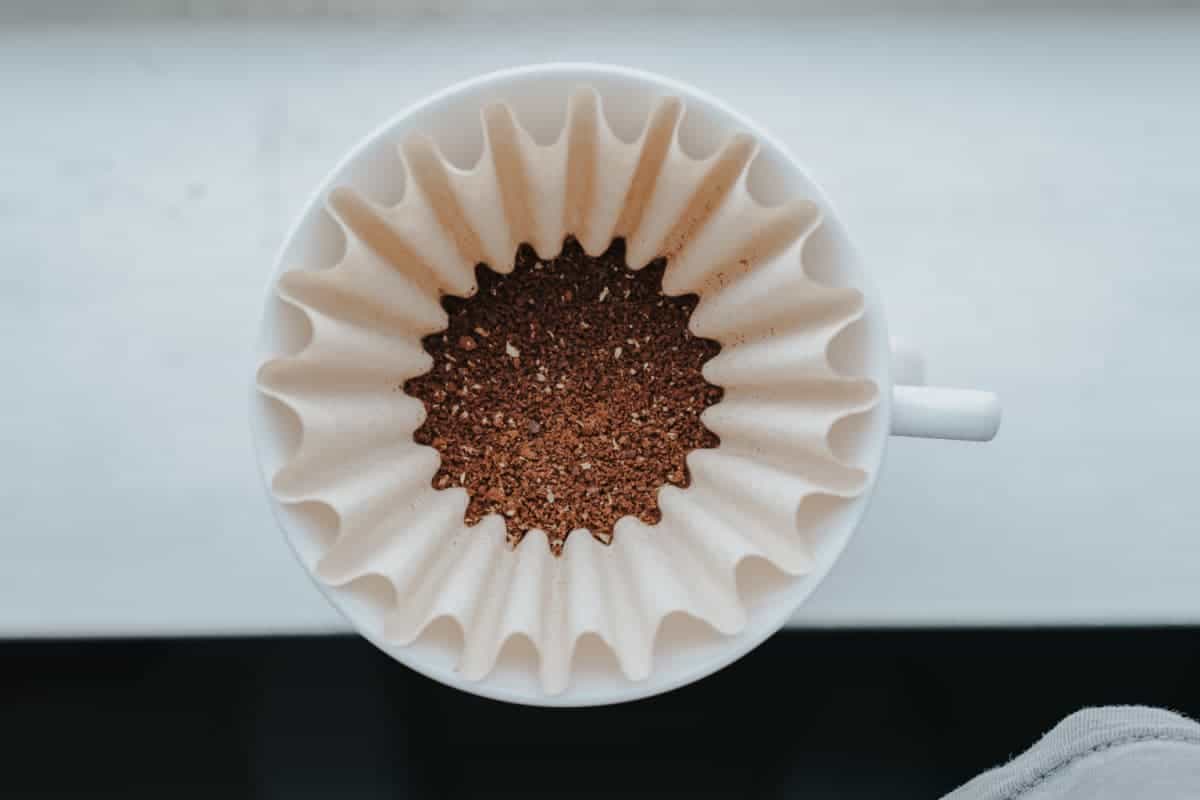
Properly Filtering Coffee Improves Health
For many years, the health benefits of drinking coffee have been debated in the press and the scientific community. Some past studies have indicated that drinking coffee may raise cholesterol levels, in particular the bad cholesterol known as LDL (low-density lipoprotein).
Researchers have known for decades that certain chemical compounds in coffee beans can raise cholesterol. Coffee granules in unfiltered coffee contain oily substances known as diterpenes. Two specific types of diterpenes found in coffee grounds are cafestol and kahweol.
These have been shown to cause an increase in serum LDL cholesterol in people who drink coffee.
Recent Research Indicates a Strong Link
However, recent research published in the European Journal of Preventative Cardiology shows that the brewing method matters. This study reveals a significant difference in health outcomes between drinking filtered coffee versus unfiltered coffee.
This large population study began in 1985 and ended in 2003. A representative sample of 508,747 Norwegians completed lifestyle questions about many aspects of their lives, including:
- Coffee consumption
- Smoking
- Education
- Physical activity
- Age
- Height
- Weight
- Blood pressure
- Cholesterol
- Heart disease
Many Scandinavians drink Swedish-style coffee, which is unfiltered and boiled. The preparation method of Swedish-style coffee is similar to that of Turkish coffee, which is also boiled in hot water. But traditional Swedish coffee uses medium roast beans and has a lighter color and flavor than Turkish coffee.
Among the study’s Norwegian coffee drinkers:
- 59% drank filtered coffee
- 20% drank unfiltered coffee
- 9% drank both
- The remaining 12% did not consume coffee
Coffee drinking is not dangerous. Drinking filtered coffee was safer than not drinking coffee at all. All-cause mortality was reduced by 15% in those who drank filtered coffee, as opposed to those who drank no coffee at all. According to the study, the group with the lowest mortality rate drank between 1 and 4 cups of filtered coffee per day.
So, the healthiest choice was drinking filtered coffee. Those who drank unfiltered coffee had a slightly higher mortality rate.
Professor Dag S. Thelle, of the University of Gothenburg, Sweden, stated: "Our study provides strong and convincing evidence of a link between coffee brewing methods, heart attacks, and longevity. Unfiltered coffee contains substances that increase blood cholesterol. Using a filter removes these and makes heart attacks and premature death less likely."
Disposable Paper Filters Versus Permanent Metal Filters
Many modern coffee makers come with permanent filters and therefore do not need additional paper filters. If your coffee maker comes with its own permanent metal filter, you could still benefit from adding a disposable paper filter for each brew.
The primary benefit is the smaller filtration size. While paper coffee filters are not standardized, most paper filters have a pore size of about 10-15 microns (or micrometers).
The paper used for the filter is made up of tiny fibers that form a mesh. These long fibers are about 20 microns wide. The fiber mesh blocks most particles larger than about 10-15 microns but allows water and smaller particles to pass through.
Metal and cloth filters have larger pore sizes. This increases the flow rate of the liquid through the filter but allows more particulates to get through.
Advantages of Permanent Coffee Filters
Some people prefer to use their permanent filters without adding a paper filter. There are many good reasons for this.
- You can save money by not buying disposable paper filters. While permanent filters are more expensive, they can last for many years. Paper filters are cheap, but the ongoing expense adds up over time. In the long run, if you drink much coffee at all, you will be spending more money on paper filters than if you got yourself a metal filter.
- Some people prefer the richer taste of brewing with a permanent filter. This rich taste is due to the oils that can permeate the permanent filter but not the paper filter. While blocking these oils may be beneficial in terms of heart health, as mentioned above, coffee bean oils add flavor to the brew.
- Paper coffee filters are flimsy and can collapse. This may result in a bad brew, with the coffee grounds not being properly filtered. You might have to throw out the brew, clean up, and start over again. The sturdy structure of permanent metal coffee filters prevents this problem.
- Less environmental impact. Generally speaking, reusable permanent coffee filters will do less overall damage to the environment than long-term use of disposable paper coffee filters, but there are upsides and downsides to both.
Environmental Impact of Paper Coffee Filters and Permanent Coffee Filters
Paper filters are disposable and biodegradable, but they require wood from trees. Mass consumption of paper products like coffee filters leads to deforestation. Of course, transporting cut logs to paper mills burns up fossil fuels, which adds to air pollution and climate change.
Paper mills harm the environment. And bleached paper filters use a chlorine or oxygen bleaching process that produces harmful waste products. Using unbleached paper filters is better for the environment.
The paper-bleaching process produces dioxins, which can be harmful to the environment and the human immune system. Small amounts of dioxins remain in bleached coffee filters, and some of these dioxins may leach into the coffee while brewing. However, studies suggest there is little risk to human health.
Still, the impact of dioxins on the natural environment and long-term human health is, as they say, non-zero.
If you prefer to use paper coffee filters, and you also want to minimize environmental impact, consider buying unbleached coffee filters.
Effect of Filters on Coffee Taste
Be aware that if you add a paper filter to your coffee maker, it may affect the taste of your coffee. Permanent metal filters have larger pores than paper filters. This will allow oils and some granules to permeate. The effect of this will be a darker, more flavorful cup of coffee.
The smaller pores of paper filters will block oils and granules, making the coffee lighter in color and taste – and possibly healthier.
If your coffee maker comes with a permanent filter, there is no need to add a paper filter. If you are worried about your cholesterol, then adding a paper filter might be a wise precaution. But if you would rather have a rich, full-flavored cup of coffee, then forget about adding another filter.
Just grind, brew, and enjoy.
Coffee Filters: Not Always Necessary, But Always Recommended
So, there we have it. While not all coffee makers need filters due to their construction or the fact they have a permanent filter, using a high-quality paper filter is still a good idea to remove smaller chemicals that may decrease your health in the long run.
If, however, you would rather have the best-tasting coffee now and you do not care about the health effects, then skipping the filter is your best bet!

